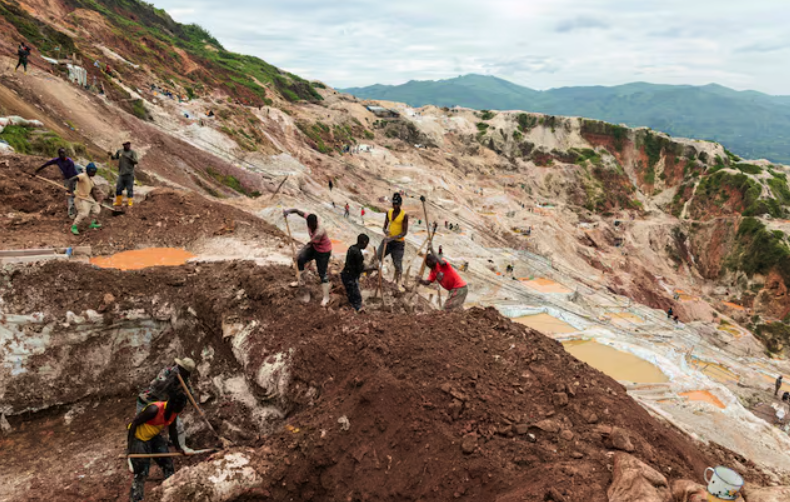Gambiaj.com – (BISSAU, Guinea-Bissau) – Political tension is escalating in Guinea-Bissau after the two leading presidential contenders, incumbent Umaro Sissoco Embaló and independent candidate Fernando Dias, each declared victory before the release of official results, sparking fears of a post-election crisis and deepening mistrust in state institutions.
The National Elections Commission (CNE) has announced that provisional results from Sunday’s November 23 polls will only be released on Thursday, November 27. But the delay has created a vacuum now filled with competing claims, allegations, and growing public anxiety.
Dias Declares Victory, Alleges Interference
Supported by the PAIGC and PRS, Fernando Dias publicly proclaimed himself the winner in a first-round victory, asserting that the popular vote had given him a clear mandate.
His campaign went further, accusing the ruling regime and entities linked to the Public Prosecutor’s Office of attempting to interfere in the vote-counting process.
According to a statement from Dias’s campaign, an alleged order from the Attorney General’s Office called for the removal of magistrates assigned to Regional Election Commissions responsible for overseeing the vote tally.
The campaign also accused President Embaló’s team of requesting access to tabulation records in the Bafatá region, describing the move as “gross interference,” and denounced the arrest of its campaign coordinator in Bafatá, Victor Mandinga, as an “arbitrary” effort to obstruct oversight.
The campaign urged its representatives to remain vigilant and warned of “desperate attempts” to distort the electoral process.
Attorney General Denies Allegations
The Attorney General’s Office forcefully rejected Dias’s claims, calling them “false” and intended to destabilize the country. In a statement, it stressed that no instruction, direct or indirect, had been issued to remove any representatives from the vote-counting process and affirmed that the management of the electoral process rests solely with the CNE and Regional Election Commissions.
It also warned against the spread of misinformation aimed at undermining democratic institutions, calling on citizens and the media to verify facts before sharing them.
The head of the Bafatá Regional Election Commission, Amadu Dabó, also dismissed the claims, insisting that no such order had been received and urging the public to “wait for the results.”
Embaló Camp Also Claims Victory
Moments after Dias announced his win, the spokesperson for President Embaló’s campaign, Óscar Barbosa, declared that “there will be no second round,” suggesting that Embaló had secured an outright victory, though he declined to disclose any figures.
While urging supporters to stay calm and await the official results, Barbosa asserted that “the regime will continue,” signaling confidence that Embaló would retain power.
Experts Warn of Crisis Risk
Despite a peaceful and high-turnout vote, particularly among young people, analysts warn that the competing claims could trigger instability.
Guinean sociologist Armando Correia said that although the election atmosphere was calm, “there is a risk of the country once again becoming a scene of violence” if candidates refuse to accept the official results.
He stressed that true democratic normality depends on respect for the constitution and democratic rules, which he fears may be threatened by fragile institutions and political polarization.
Police on Alert as Fears Mount
Security forces have reportedly warned against unauthorized protests ahead of Thursday’s announcement, amid concerns that rival victory claims could inflame tensions on the streets.
With fewer than one million voters and just 29 electoral districts, observers often view Guinea-Bissau’s vote count as relatively straightforward. But distrust in electoral bodies and allegations of interference are now testing that assumption.
As the nation waits for the CNE’s announcement, Guinea-Bissau stands at a delicate crossroads, with both leading camps claiming power, institutions under pressure, and the possibility of confrontation looming should either side reject the results.










